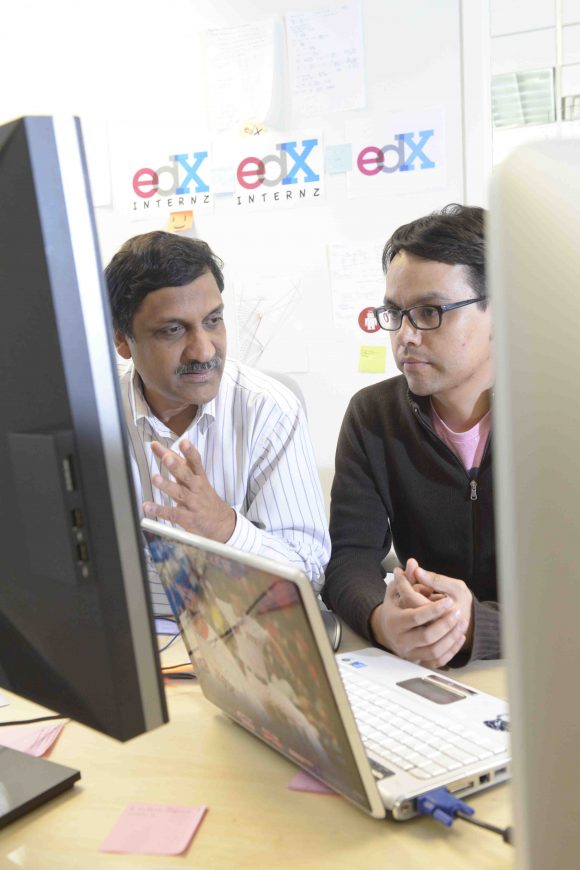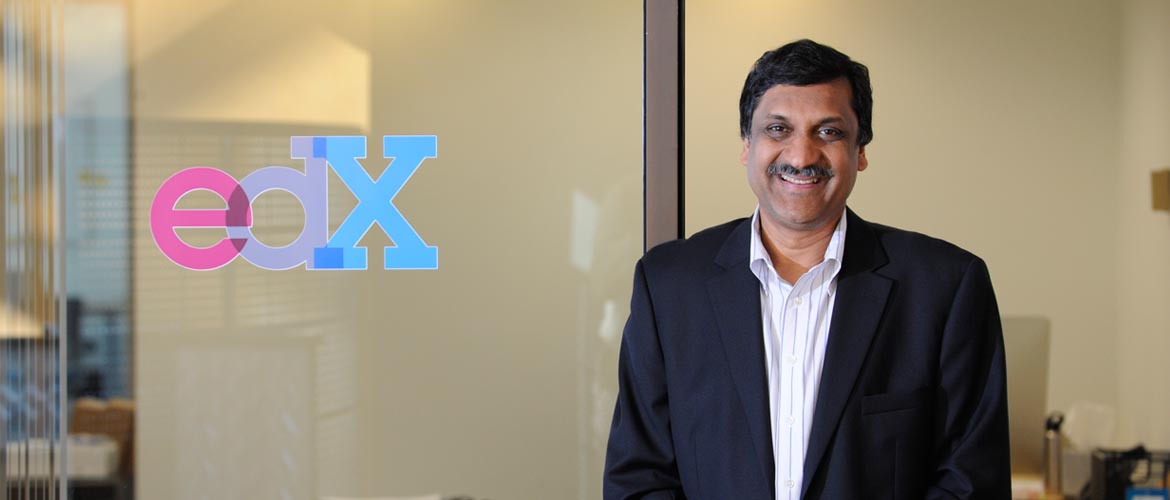The disruptive impact of edX courses
One of the best gifts technology has given us is the continuous chance at self-sustenance, evident in the rise of massive open online courses or MOOCs.
What makes non-profit online course provider edX unique is its signature open-source system currently available to more than eight million knowledge seekers in 52 countries. The listed courses are free of charge, with options of affordably priced, scholar-verified certificates available for consideration.
So, it’s not hard to believe that edX is a great example of disruptive innovation, in the way that its simple services are displacing those of other key players in the information ecosystem.
Democratising higher education
From the self-paced XSeries studies such as analysing and visualising data with Excel and food security and sustainability – to more complex focuses such as artificial intelligence (AI) and supply chain management – each body of knowledge available on edX lowers education and job entry barriers everywhere.

On the diversity of taught subjects, each a filler of societal gap in its own way, edX CEO Anant Agarwal believes that an unbundled approach to education, unbundling credit, time and content doesn’t require learners to spend four years on-campus. ‘By creating more opportunities for learners to take courses online and earn credit, we see new pathways to campus emerging for learners everywhere,’ he says.
‘Up to now, quality education — and in some cases, any higher education at all — has been the privilege of the few. We see massive open online courses (MOOCs) as the great democratiser and believe that in the future, economics, social status, gender or geography won’t determine a student’s access to education or opportunity for success,’ Anant adds. ‘We also envision a continuous education system – one that doesn’t stop after four years of college.’
Revolutionising the workforce
Each edX course is designed to facilitate adaptation to technology, by virtue of the tech-centric topics they lead or simply the digital mechanism via which they are experienced. In the case of computer programming, for instance, a basic knowledge of coding is needed.
‘As the world becomes increasingly connected, more and more people are getting access to the internet, and therefore, to online education. We’ve already reached 12 million learners globally but look forward to expanding our reach as globalisation continues to connect our world,’ Anant says.
The biggest milestone edX has achieved is the recent release of their MicroMasters programs. The series entails postgraduate- level courses designed to potentially accelerate one’s pursuit of a master’s degree and, thus, assist career advancement. It’s suitable for working graduates looking to advance themselves professionally.
More often than not, such deficiency is due to the emergence of the tech- influenced workplace. The availability of intensive, cutting-edge knowledge that the MicroMasters courses provide can offer insight into the most in-demand fields and skills needed today.
Currently available in 35 variations and recognised by innovative corporations such as IBM, Bloomberg and PwC, the credit-eligible programs can even affect the training and development industry, having the potential to displace physical training and seminars. ‘Digital learning such as MOOCs provides options for businesses to train and gather employees in the most in demand, cutting edge fields, like AI, cyber security and data science,’ Anant says.
Redesigning the world
Due to technology and the gradual emergence of automation, many jobs that exist today will become obsolete soon enough. ‘Half of today’s jobs won’t exist in 2030. What’s more, the remainder of the jobs left will either change completely or be different in some way,’ Anant predicts. Anant believes that some of the most disruptive movements in education revolve around the digitisation of content and creating more efficient pathways to learner outcomes.
If the loss of present jobs is not too much of a fear factor due to the reliable prospect of new ones in the digital future, what then is the biggest challenge society can and would face? Alas, it’s a classic case of social conventions standing in the way, oftentimes masquerading under the guise of political agendas and all this, in the primal fear of change.
One’s personal belief in self-sustenance and confidence in his inherent right to survival is perhaps the biggest disruptive innovation of all. This brings us right back to the importance of self-serving knowledge and the knowing of where and how best to access it. ‘This is why edX will continue to seek pathways for learners from across the world and hopes that its open source non-profit focus will be a helpful catalyst in making education a right rather than a privilege,’ Anant concludes.





